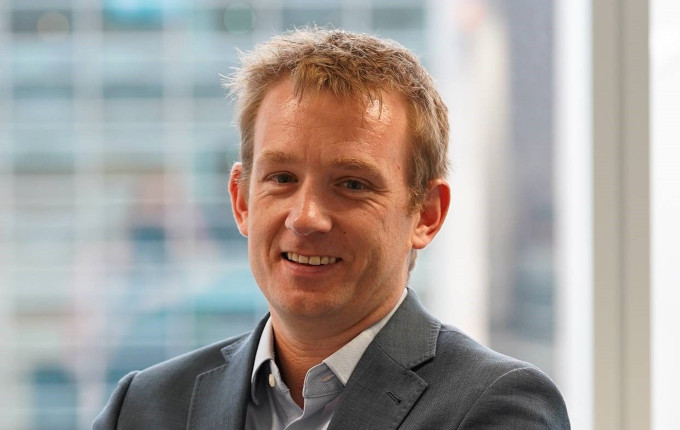Walsh Bay Partners is a private wealth group providing personalised service to its clients with an institutional flavour to its investment advice. [i3] Insights speaks with CIO Tim Peters about what this means in practice.
Register to Access this Exclusive [i3] Insights Article
Create a free account to access exclusive interviews with asset owners, revealing insights on investment strategies, market trends, and portfolio allocations.
If you already have an account you can Login .
If you have any issues registering an account please send us an email at [email protected].

